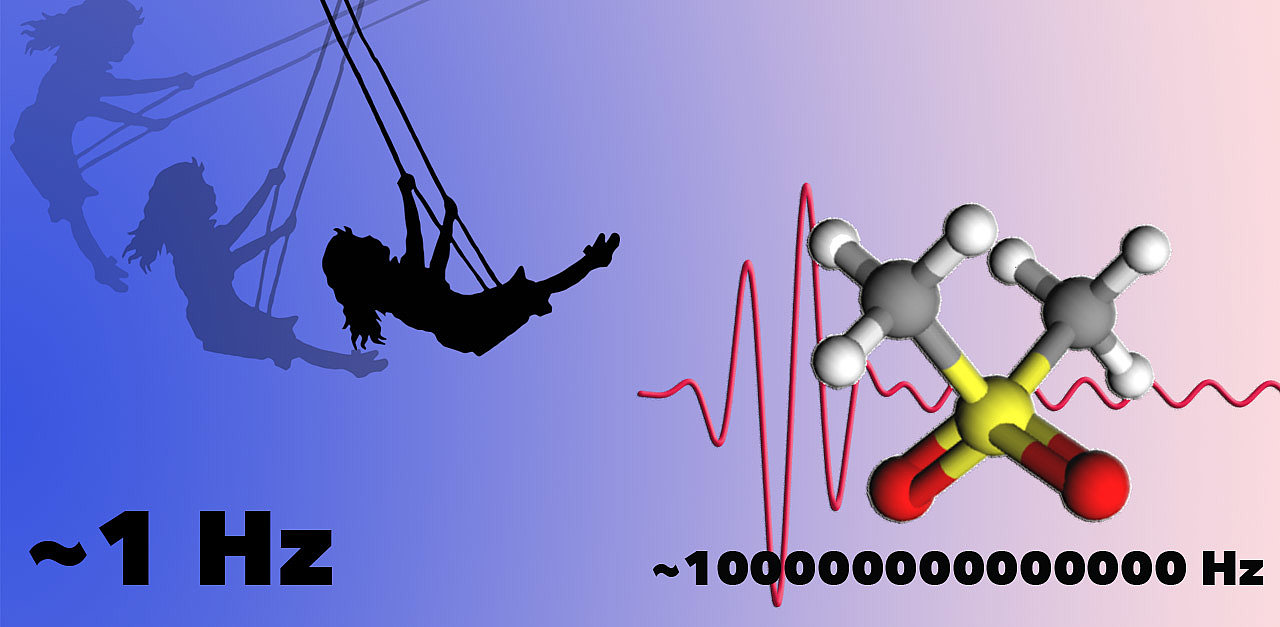When light impinges on molecules, it is absorbed and re-emitted. Advances in ultrafast laser technology have steadily improved the level of detail in studies of such light-matter interactions. FRS, a laser spectroscopy method in which the electric field of laser pulses repeating millions of times per second is recorded with time resolution after passing through the sample, now provides even deeper insights: scientists led by Prof. Dr. Regina de Vivie-Riedle (LMU/Department of Chemistry) and PD Dr. Ioachim Pupeza (LMU/Department of Physics, MPQ) show for the first time in theory and experiment how molecules gradually absorb the energy of the ultrashort light pulse in each individual optical cycle, and then release it again over a longer period of time, thereby converting it into spectroscopically meaningful light. The study elucidates the mechanisms that fundamentally determine this energy transfer. It also develops and verifies a detailed quantum chemical model that can be used in the future to quantitatively predict even the smallest deviations from linear behavior.
Original publication:
M. T. Peschel, M. Högner, T. Buberl, D. Keefer, R. de Vivie-Riedle, and I. Pupeza
Sub-optical-cycle light-matter energy transfer in molecular vibrational spectroscopy
Nature communications, 6. Oktober 2022
